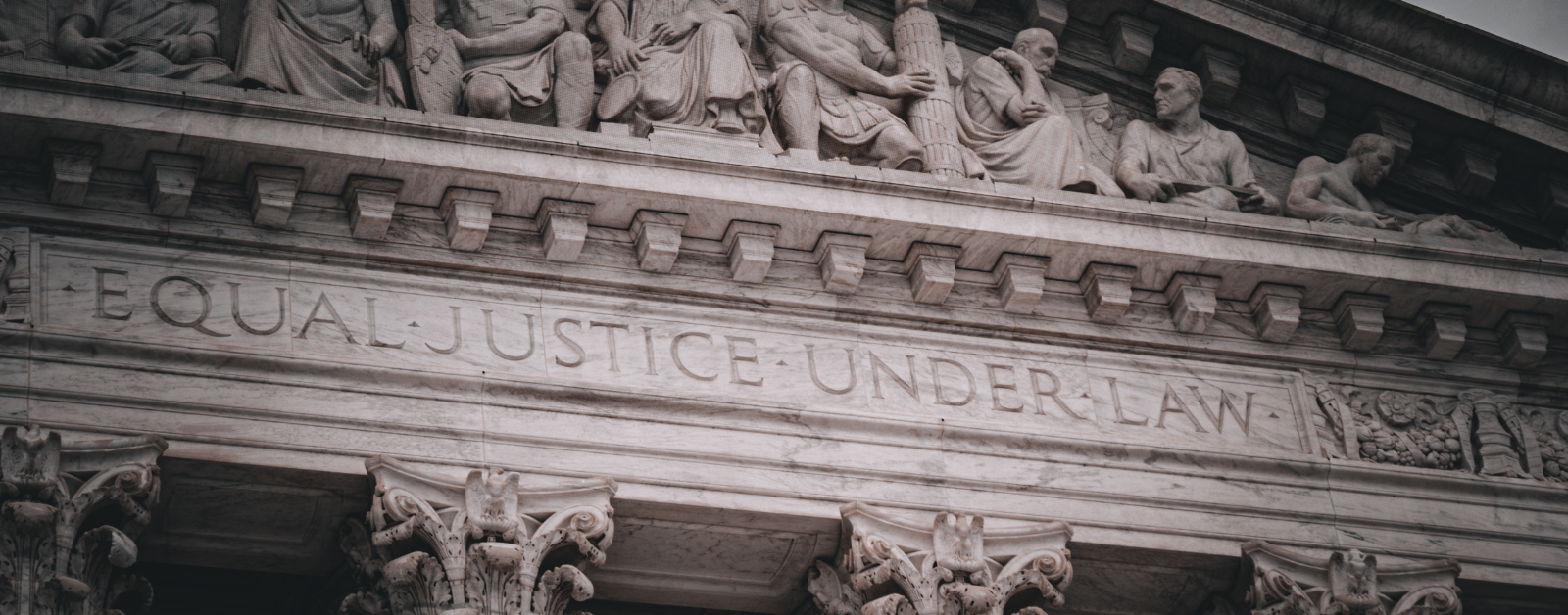I was encouraged to see that the Supreme Court ruled unanimously to protect the rights of kids with disabilities and their parents. In this case, a family whose daughter had epileptic seizures in the morning, and thus could not learn during those hours, petitioned for her to receive additional instruction in the late afternoon or evening. Their school district in Kentucky accommodated those needs. But once they moved to Minnesota, the new school district refused. Eventually—after years of litigation—they relented, but they refused to compensate the family for the years of providing supplementary education and therapy for their daughter, and a lower court allowed that refusal to stand. The Supreme Court essentially sent the case back to the lower courts but clarified that the school does not have to show “bad faith” or “gross misjudgment” in order to be unjust in its treatment. The simple refusal to accommodate was enough for the family to have a right to sue. The ruling gives other families a broader and clearer way to fight for the rights of their children to educational accommodations.
Okay, so that’s a rather lengthy explanation. I wanted to point out not only the facts of the case, but also that Aaron Tharpe, father of the child who was denied accommodations, told NPR he was pursuing the lawsuit not only on behalf of his daughter, but also on behalf of all the other children who have been and could be denied accommodations. “This is bigger than our family,” he said.
Our cultural moment sometimes seems so individualized, and yet the disability rights movement has always depended on a sense of collective concern. We take steps forward not only for our own families, but for all the ones who come behind us. This victory is yet another moment of solidarity and community and interdependence where one family fought on behalf of their beloved daughter, and on behalf of countless individuals they will never know by name.
Let’s stay in touch. Subscribe to my newsletter to receive weekly reflections that challenge assumptions about the good life, proclaim the inherent belovedness of every human being, and envision a world of belonging where everyone matters. Follow me on Facebook, Instagram, and YouTube and subscribe to my Reimagining the Good Life podcast for conversations with guests centered around disability, faith, and culture.



